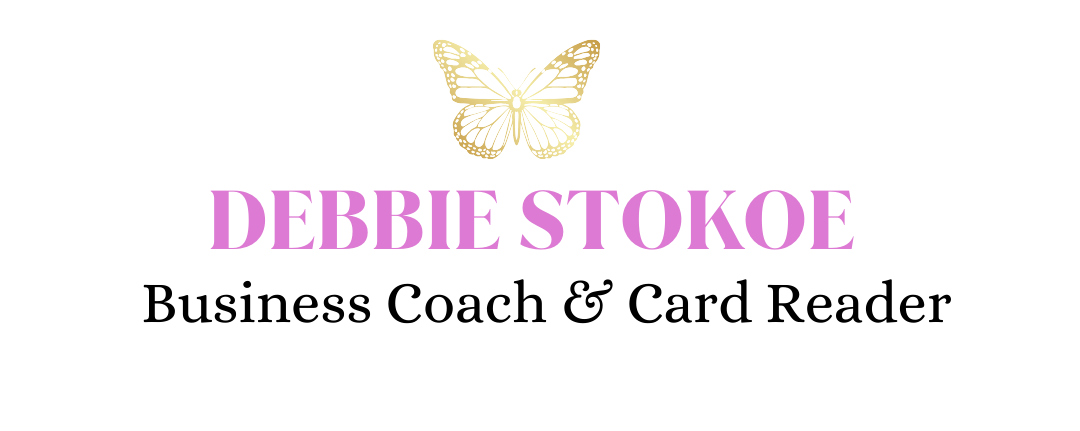The Last Ship – Northern Stage
After seeing a Youtube video showcasing some songs from Sting’s deeply personal and moving musical a few years back, I knew that I had to see the The Last Ship when the show came to Newcastle. The songs deeply resonated with me, even though I can’t pretend to know what it’s like to grow up in an industrial community that suffered so much hardship and pain. I suppose the fact that both of my granddads were involved in mining and my Dad’s dad died in a mining accident means that I have some understanding (I have educated myself about mining in the North East, which shares many parallels with the shipbuilding industry).
I always seem to arrive at the Northern Stage in the nick of time, but luckily had enough time to catch my breath before the action started. A lot of productions begin nowadays with the cast already on the stage when the audience enter, but this was on a whole new level. The set had an epic feel to it, made up of rust-coloured girders and cranes, and had a variety of levels to portray the deck of the ship and the yard below. Cast members danced and lolled around, up high and below, chatting and occasionally waving to audience members, giving people enough time to take their seats. The excellent band were seated to the right of the stage, a little too concealed for my liking as the music was such a massive part of the production (the set had partitions where images were projected onto it and they happened to be behind one of these).
Sting has written about his memories of watching the ship workers walk to work every morning in Wallsend and the huge vessels which blotted out the view from his street, creating a surreal industrial landscape. The biggest ships the world has seen were built in Newcastle. He knew from a very young age that he didn’t want that life and left when he was quite young, and so much of his own story is weaved throughout the scripts and songs. His early ambition for something ‘better’ combined with his deep pride about his hometown (which made him so ambitious in the first place) is a strong theme throughout, and is documented in songs like ‘Dead Mans’ Boots’ and ‘Coming Home’s Not Easy.’
It makes sense for me to write about The Last Ship in the context of the songs as they really are the heart and soul of the show. They tell the story better than any script could (despite excellent direction by Lorne Campbell) and really capture the emotions of the characters, their sense of community and the deep pride and reverence the characters have for the shipyard, even though it hurts them in so many ways. Even though it’s the only life they’ve known. In New York in 2013 Sting said that “each song fights for its life just like each character fights for its life. Even each verse and line of each song fights for its life.” And it shows.
“In The Shipyard” is lyrically a masterpiece with so much heart and gives the main characters the opportunity to introduce themselves one by one. Jackie White (Joe McGann) – the foreman of the yard, no nonsense with a soft side and often the voice of reason when things get very heated. Billy Thompson (Joe Caffrey) who’s the shop steward for the union. He’s socialist, Marxist and obviously very anti-ruling class (loved him)! Peggy White (Charlie Hardwick) – Jacky’s wife remembers the countless times that she’s patched up the men when they’ve been injured and the tough conditions they face daily. Adrian Sanderson (Charlie Richmond) – a carpenter turned poet and bibliophile. Davey Harrison (Kevin Wathen) the town drunk who’s only recent time spent sober was three hours in 1963. These characters are so real and must have existed in some capacity at some point.
We are introduced to Gideon Fletcher (Matt Corner/Richard Fleeshman) who leaves the town behind to go off to sea (sounds familiar) and Meg Dawson (Parisa Shahmir/Frances McNamee), the childhood sweetheart he leaves behind. I’ve been told that it’s difficult to sing in Geordie accent, and Fleeshman managed to pull off sounding a lot like Sting at times (I closed my eyes and I could have sworn it was Sting). McNamee is great all-round as the fiery and passionate Meg, who is rightly mad as hell when Gideon returns after seventeen years, and has a shocking secret. He’s a dad. And there’s no way she’s prepared to just pick up where they left off. Cue a gritty love story that’s all about forgiveness and a lifelong connection.
 |
| Francis McNamee as Meg and Richard Fleeshman as Gideon |
You very quickly get a sense of the political climate at the time, and reading further into it it really is shocking how people were treated who were unfortunate enough to be hit hard by deindustrialisation. The arrival of the yard owner, Mr Newland (Sean Kearns) and a government minister who looked and sounded suspiciously like Margaret Thatcher signalled the hard truth that the shipyard isn’t profitable and their plans to break up The (unfinished) Last Ship – The Utopia, for scrap. But there’s no way that the workers are going to give up without a fight.
 |
| Joe McGann as Jackie and Charlie Hardwick as Peggy |
The fight for the yard and The Last Ship runs alongside Gideon’s fight to win back Meg’s affections. ‘And Yet’ is classic Sting, and perfectly encapsulates the reasons why Gideon left as well as the reasons why he came back. Meg sings about how she counted the boats returning back from sea in ‘August Winds.’ In ‘The Night The Pugilist Learned To Dance’ Gideon explains his youthful mistakes to his headstrong daughter Ellen (a feisty Katie Moore) who dreams of escaping and going off to London with her band (sound familiar)? He also explains how he transformed himself from a fighter to a lover/dancer to impress her Mother, helping her to understand that they had deep feelings for each other and it wasn’t just a casual fling.
The love story looms large like the battle to save jobs as the workers stand up against the powers-that-be. Joe McGann brings a soft side to the tough yard Foreman, and Charlie Hardwick is just brilliant as the nurturing and no-nonsense Peggy. I’m so happy that Joe Caffrey’s voice came back to perform as he is perfect for the part of union rep Billy – his passion spills over in every single line. I loved the humour that Charlie Richmond brought to the show as the literature-loving joiner Adrian.
 |
| Behind every great man there’s a great woman – the strong female cast |
Back to the songs. Sting fans – you’ll also hear hits like When We Dance (I loved how throughout there was lots of dancing and lightness juxtaposed with the steel and severity of the landscape) and All This Time (a lively performance by Ellen and her band). The foot-stomping ensemble piece ‘We Got Nowt Else’ brilliantly lists all the hardships of the life of a ship worker before reminding us about the most important things – loyalty and unity. ‘Underground River’ poetically talks about life and death, and souls being finally set free of cages. After a key figure in the shipyard dies, ‘Show Some Respect’ is all about doing the dead proud by standing up for what you believe in (“we’ll quit this quay and we’ll cast this net of soul upon the sea”). The action ended with an emotional and rip-roaring reprise of ‘In The Shipyard’ (quite a few people were crying), a standing ovation and Sting appearing on the stage to take a bow (on the bow).
 |
| The electrifying ensemble |
The Last Ship is a beautiful and fitting tribute to a Tyneside that has mostly been forgotten, which is why it’s so important that the story has been told. I can see the play and song lyrics being dissected by English students in the future. In the past week I’ve seen some average reviews of the show in the national press. I know that everyone’s entitled to their own opinion, but if you’ve never had to truly fight for something in your life, you probably won’t get it.
★ ★ ★ ★ ★
The Last Ship is at Northern Stage until April 7th and tours nationally from 9th April until 7th July. To find out more and book tickets click here




